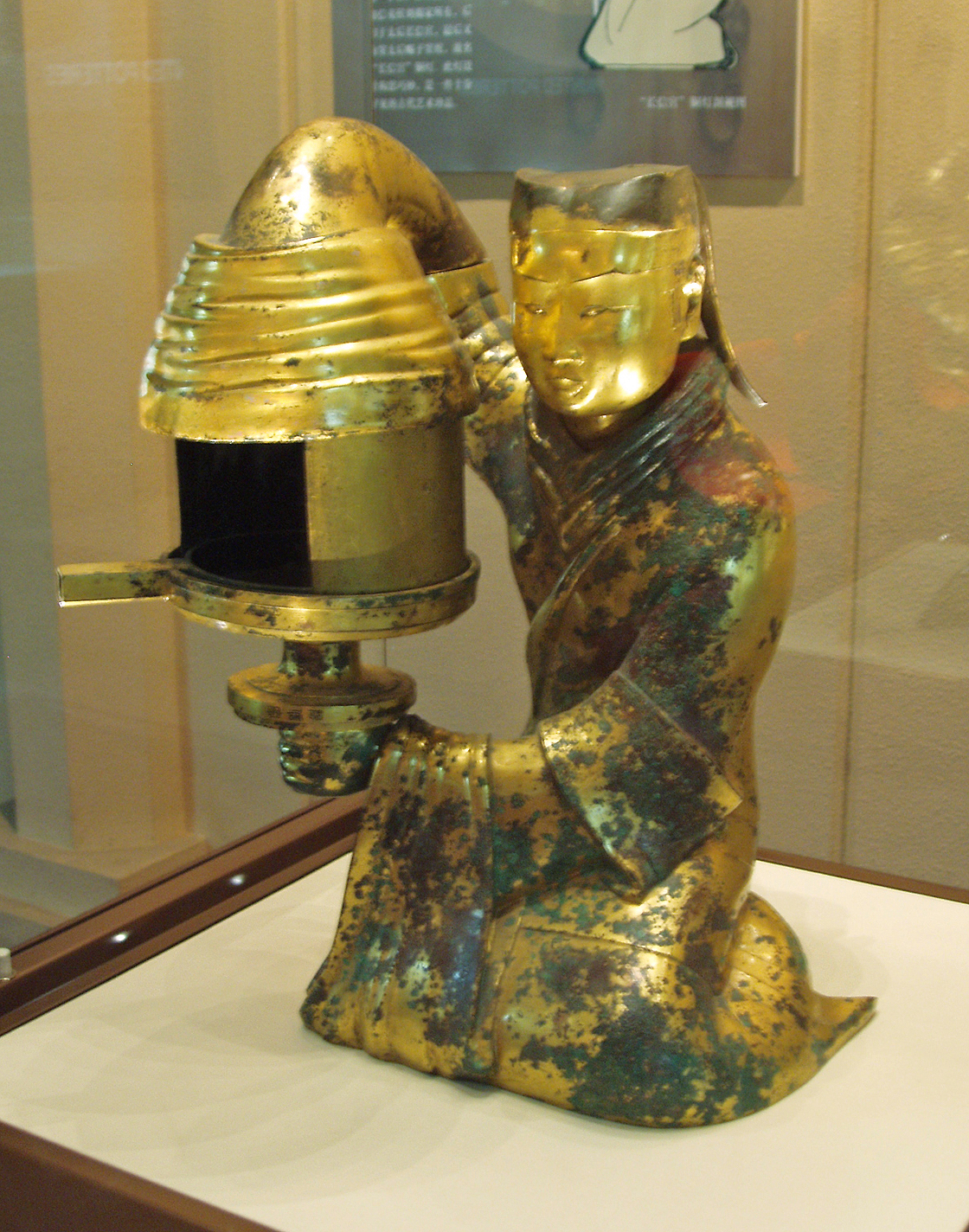Zhongshan Commandery on:
[Wikipedia]
[Google]
[Amazon]
 Zhongshan Kingdom or Zhongshan Principality ( zh, 中山國) was a kingdom of the Han dynasty, located in present-day southern
Zhongshan Kingdom or Zhongshan Principality ( zh, 中山國) was a kingdom of the Han dynasty, located in present-day southern
 Zhongshan Kingdom or Zhongshan Principality ( zh, 中山國) was a kingdom of the Han dynasty, located in present-day southern
Zhongshan Kingdom or Zhongshan Principality ( zh, 中山國) was a kingdom of the Han dynasty, located in present-day southern Hebei
Hebei or , (; alternately Hopeh) is a northern province of China. Hebei is China's sixth most populous province, with over 75 million people. Shijiazhuang is the capital city. The province is 96% Han Chinese, 3% Manchu, 0.8% Hui, an ...
province.
The kingdom was carved out of Changshan Commandery
Changshan Commandery (常山郡), or Hengshan Commandery (恒山郡), was a historical commandery of China, located in present-day southern Hebei province.
The commandery was established as Hengshan by the Qin state after it annexed the state of ...
in 154 BC and granted to Liu Sheng, son of the reigning Emperor Jing. In 55 BC, the last Prince of Zhongshan in Liu Sheng's lineage died without issue, and the kingdom was abolished. In 46 BC, however, the territory was granted to Liu Jing, son of Emperor Xuan, as his fief. Jing also left no issue, and the kingdom was subsequently granted to Liu Xing (劉興), son of Emperor Yuan. In 1 BC, Liu Kan, the heir to the Zhongshan Kingdom, was enthroned as Emperor Ping, and Liu Chengdu (劉成都), another member of the imperial family, became the new Prince of Zhongshan. He was deposed after Wang Mang
Wang Mang () (c. 45 – 6 October 23 CE), courtesy name Jujun (), was the founder and the only Emperor of China, emperor of the short-lived Chinese Xin dynasty. He was originally an official and consort kin of the Han dynasty and later ...
's usurpation.
After the restoration of Eastern Han, the kingdom was reestablished. It was initially awarded to Liu Mao (劉茂), one of Emperor Guangwu
Emperor Guangwu of Han (; 15 January 5 BC – 29 March AD 57), born Liu Xiu (), courtesy name Wenshu (), was a Chinese monarch. He served as an emperor of the Han dynasty by restoring the dynasty in AD 25, thus founding the Eastern Han (Later ...
's fellow rebels against Wang Mang. Later, Mao was demoted to the rank of marquis, and the territory went to Liu Fu (劉輔), the emperor's second son. Fu was moved to Pei
PEI or Pei may refer to:
Places
*Matecaña International Airport, Pereira, Colombia, IATA code PEI
*Pei County (沛县), Jiangsu, China
*Pei Commandery (沛郡), a commandery in Chinese history
*Prince Edward Island, a province of Canada
* Pei, ...
soon later, and his brother Liu Yan (劉焉) succeeded him as the Prince of Zhongshan. Yan's lineage held Zhongshan until the year 174, when the last prince died without issue. Zhongshan was subsequently converted to a commandery
In the Middle Ages, a commandery (rarely commandry) was the smallest administrative division of the European landed properties of a military order. It was also the name of the house where the knights of the commandery lived.Anthony Luttrell and G ...
.
In late Western Han, it administered 14 counties: Lunu (盧奴), Beiping (北平), Beixincheng (北新成), Tang (唐), Shenze
Shenze County () is a county of Hebei Province, North China, it is under the administration of the prefecture-level city of Shijiazhuang, the provincial capital.
Administrative divisions
Towns:
* Shenze Town (), Tiegan ()
Townships:
* Baizhuan ...
(深澤), Kuxing (苦陘), Anguo (安國), Quni (曲逆), Wangdu (望都), Xinshi (新市), Xinchu (新處), Wuji (毋極), Lucheng (陸成) and Anxian (安險). The total population in 2 AD was 668,080, or 160,873 households.
Zhongshan again became a kingdom/principality in the Cao Wei
Wei ( Hanzi: 魏; pinyin: ''Wèi'' < : *''ŋjweiC'' < and
Western Jin
Western may refer to:
Places
*Western, Nebraska, a village in the US
*Western, New York, a town in the US
*Western Creek, Tasmania, a locality in Australia
*Western Junction, Tasmania, a locality in Australia
*Western world, countries that id ...
dynasties. The ''Book of Jin
The ''Book of Jin'' is an official Chinese historical text covering the history of the Jin dynasty from 266 to 420. It was compiled in 648 by a number of officials commissioned by the imperial court of the Tang dynasty, with chancellor Fang X ...
'' recorded a population of 32,000 households in 280. The region was lost in the Disaster of Yongjia
The Disaster of Yongjia () refers to an event in Chinese history that occurred in 311 CE (5th year of the ''Yongjia'' era of the reign of Emperor Huai of Jin, hence the name), when forces of the Xiongnu-led Han Zhao dynasty captured and sacked ...
.''Book of Jin
The ''Book of Jin'' is an official Chinese historical text covering the history of the Jin dynasty from 266 to 420. It was compiled in 648 by a number of officials commissioned by the imperial court of the Tang dynasty, with chancellor Fang X ...
'', Chapter 14.
References
{{Han dynasty provinces Kingdoms of the Han dynasty